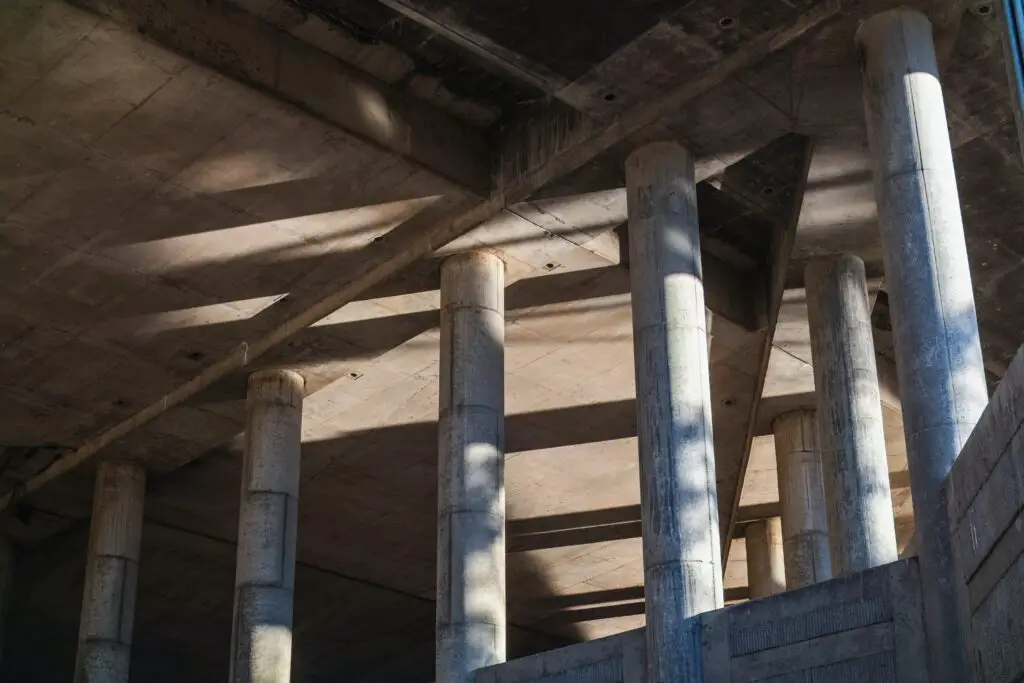
Guaranteed Advancing Construction Methodology in the Philippines: A Comprehensive Overview
The Philippines, an archipelago in Southeast Asia, is a country that constantly grapples with the challenges of economic development and infrastructure expansion.
With a growing population and urbanization trends, the demand for robust construction methodologies has never been more critical.
This article delves into the current state of construction methodology in the Philippines, explores the challenges faced by the industry, and highlights innovative approaches and technologies that are shaping the future of construction in the country.
1. Historical Perspective:
Understanding the historical context of construction in the Philippines is crucial to appreciate the evolution of construction methodologies. The influence of Spanish colonial architecture, combined with indigenous building techniques, has resulted in a diverse architectural landscape.
However, the construction industry has faced challenges over the years, including issues of sustainability, resilience to natural disasters, and the need for modernization.
2. Current Challenges:
The Philippines faces various challenges in its construction industry, ranging from regulatory hurdles to environmental concerns. Some key challenges include:
a. Regulatory Complexity: The construction industry in the Philippines is subject to numerous regulations, which can lead to delays and increased project costs. Streamlining these regulations is crucial for the industry’s growth.
b. Resilience to Natural Disasters: The country is prone to typhoons, earthquakes, and other natural disasters. Construction methodologies must incorporate resilient designs and materials to mitigate the impact of these events.
c. Sustainability: With a growing awareness of environmental issues, there is an increasing demand for sustainable construction practices. Balancing economic development with environmental responsibility is a significant challenge.
d. Infrastructure Gap: Despite ongoing efforts, there is still a considerable gap in infrastructure development, particularly in rural areas. Bridging this gap requires innovative construction methodologies that are cost-effective and adaptable.
3. Innovations in Construction Methodology:
a. Modular Construction: To address the need for rapid and cost-effective construction, modular construction has gained popularity. Prefabricated components are manufactured off-site and assembled on-site, reducing construction time and minimizing waste.
b. Green Building Practices: Sustainable construction practices, including the use of eco-friendly materials, energy-efficient designs, and waste reduction measures, are becoming increasingly common. Green building certifications are incentivizing developers to adopt environmentally friendly construction methodologies.
c. BIM (Building Information Modeling): BIM technology enables the creation of a digital representation of a building’s physical and functional characteristics. This aids in better collaboration among project stakeholders, improves project efficiency, and reduces errors during construction.
d. Innovative Materials: The exploration and utilization of innovative construction materials, such as high-performance concrete and advanced composites, contribute to enhanced durability and structural integrity in buildings.
4. Government Initiatives:
Recognizing the importance of a thriving construction industry, the Philippine government has initiated various programs to support and regulate the sector. Infrastructure development projects like “Build, Build, Build” aim to address the country’s infrastructure deficit and boost economic growth.
Additionally, the streamlining of construction permits and the implementation of the National Building Code further contribute to a more conducive environment for construction activities.
5. Case Studies:
Examining successful construction projects in the Philippines provides insights into effective methodologies. Case studies could include iconic buildings, large-scale infrastructure projects, or innovative housing solutions that have overcome the challenges prevalent in the industry.
Conclusion:
The construction methodology in the Philippines is at a crucial juncture, where balancing economic growth, environmental sustainability, and resilience to natural disasters is paramount.
The industry is witnessing a shift towards innovative construction methodologies, driven by technological advancements and a growing awareness of global best practices.
With continued government support, collaboration among stakeholders, and a commitment to sustainable development, the future of construction in the Philippines holds the promise of a more resilient, efficient, and environmentally conscious built environment.
To see other material construction prices, please see here.
To know other construction guides, tips, and methodology for beginners, veterans, and contractors, please see here.
